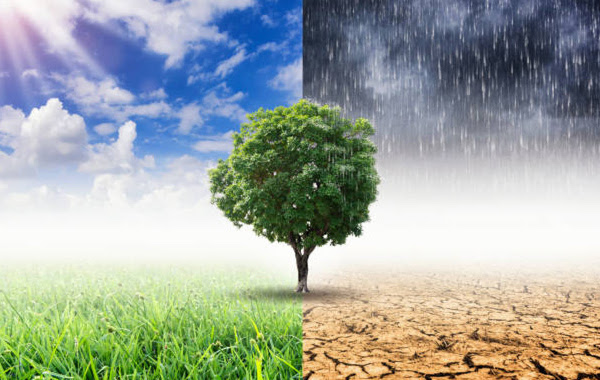Contribute
| Weather Changes: Illness And Prevention |
Dr. Ajay Phadke
07/20/2022
Do you fall sick when the weather changes? We have all heard someone we know speaks about getting sick Viral infections 1. A drop in temperature and humidity 4. Viruses can like the Rhinovirus can 5. Spending more time indoors in a closed Allergies 1. Allergy flare-ups are more common 2. Heat can aggravate asthma symptoms. 3. Cold temperatures can also trigger Drop-in Barometric pressure 1. People with autoimmune disorders may 2. Barometric pressure drops can aggravate migraines. A blocked nose | A runny nose | An itchy throat | Itchy eyes | Watery eyes Sneezing | Headaches | Breathlessness and wheezing in asthma Ways to prevent Weather change illnesses 1. Good Hygiene: Wash your hands with soap and water. Unlike COVID-19, Rhinovirus can survive on workstations for up to 48 hours (click here to read more) 2. Wear a Mask: Wearing a mask can prevent your exposure to various varus/bacteria as well as multiple allergens. This is particularly useful when someone around you has a cold. You can also wear a mask when you have a cold and don't want it to spread to others while sneezing/coughing. 3. Preventive inhalers: Take these before you usually get symptoms (Asthma patients) 4. Get Flu Vaccines: A yearly flu shot can prevent influenza. 5. Keep Physically Active 6. Get Adequate Sleep 7. Manage your stress levels 8. Drink Enough Water and stay hydrated 9. Eat a well-balanced diet: Foods rich in antioxidants and Vitamin C / Zinc Taking precautions helps protect you and your family from becoming ill and trapped in the never-ending cycle of passing around a cold or flu virus for weeks. We can't change the weather, but we can take the necessary precautions so that we can be safe and healthy in any weather!
because of the weather change.
And see a lot of people fall ill at the outset of the monsoon season. As
a doctor, I have always wondered why this happens. Is the change in
weather really responsible for ill health or is there something else
going on!? Here’s what happens:  
makes it a favorable environment for
certain viruses to flourish or propagate.
2. Our bodies can interpret a significant
change in weather as a stressful event.
The immune system fights off infections.
When stressed, our immunity is lowered,
and we are more susceptible to disease.
Exposure to lower temperatures, like
getting/staying wet in the rains, makes us
more vulnerable to infections. This along
with exposure to various viruses can
precipitate an illness.
3. Specific viruses peak at different times
of the year and are affected by either an
increase or a decrease in temperature and
humidity.
thrive in cold temperatures. This virus is
responsible for over 40% of all colds.
environment can help spread the virus
from one person to another. This is
because you spend more time rebreathing
the same air. If you use air conditioners
that haven't been cleaned/ serviced
regularly, you may be exposed to dust/
mold which can aggravate allergies.
6. During winters, cold air and drier or
inflamed mucous membranes of the nose
and throat make it easier for viruses to
enter the body.
7. The monsoons along with waterlogging,
make a perfect breeding ground for
mosquitos. Mosquitos are carriers of
viruses like dengue and blood parasites
like malaria. Malaria was previously
thought to be caused by "bad air"
(mal=bad, aria=air).
during weather changes. This is because
pollen and other allergens are more
prevalent during these months.
Thunderstorms in the summer can cause
"summer colds."
seasonal asthma.

feel worse when the barometric pressure
drops.
  
You may also access this article through our web-site http://www.lokvani.com/
